The recent Supreme Court ruling in Kennedy v. Braidwood Management has unleashed a dangerous new reality on American healthcare. With a 6-3 vote, the court upheld a critical aspect of the Affordable Care Act while simultaneously granting Robert F. Kennedy Jr., the current Secretary of Health and Human Services, extraordinary powers that threaten the very foundation of preventive healthcare access.
Supreme Court Undermines Independence of Preventive Services Task Force
The ruling has profound implications for the U.S. Preventive Services Task Force (PSTF), a body designed to operate independently from political pressures and focused on providing evidence-based recommendations. Originally intended to empower medical experts to determine essential preventive services for patients, the Supreme Court"s decision has effectively stripped this panel of its independence. As reported by USA Today, the court has allowed Kennedy the authority to appoint and dismiss members of the PSTF at will, a move that fundamentally alters the balance of power in healthcare policy.
Kennedy"s Dangerous Influence on Preventive Services
In the wake of this ruling, Kennedy’s unchecked power raises immediate concerns about the future of preventive treatments that millions rely on. The PSTF currently mandates coverage for over 40 essential services ranging from cancer screenings to HIV prevention drugs, all at no cost to patients. However, Kennedy"s history of promoting discredited medical practices places these critical services at risk. According to University of Michigan experts, the implications could be catastrophic for public health, potentially allowing Kennedy to replace experts with allies who share his anti-scientific views.
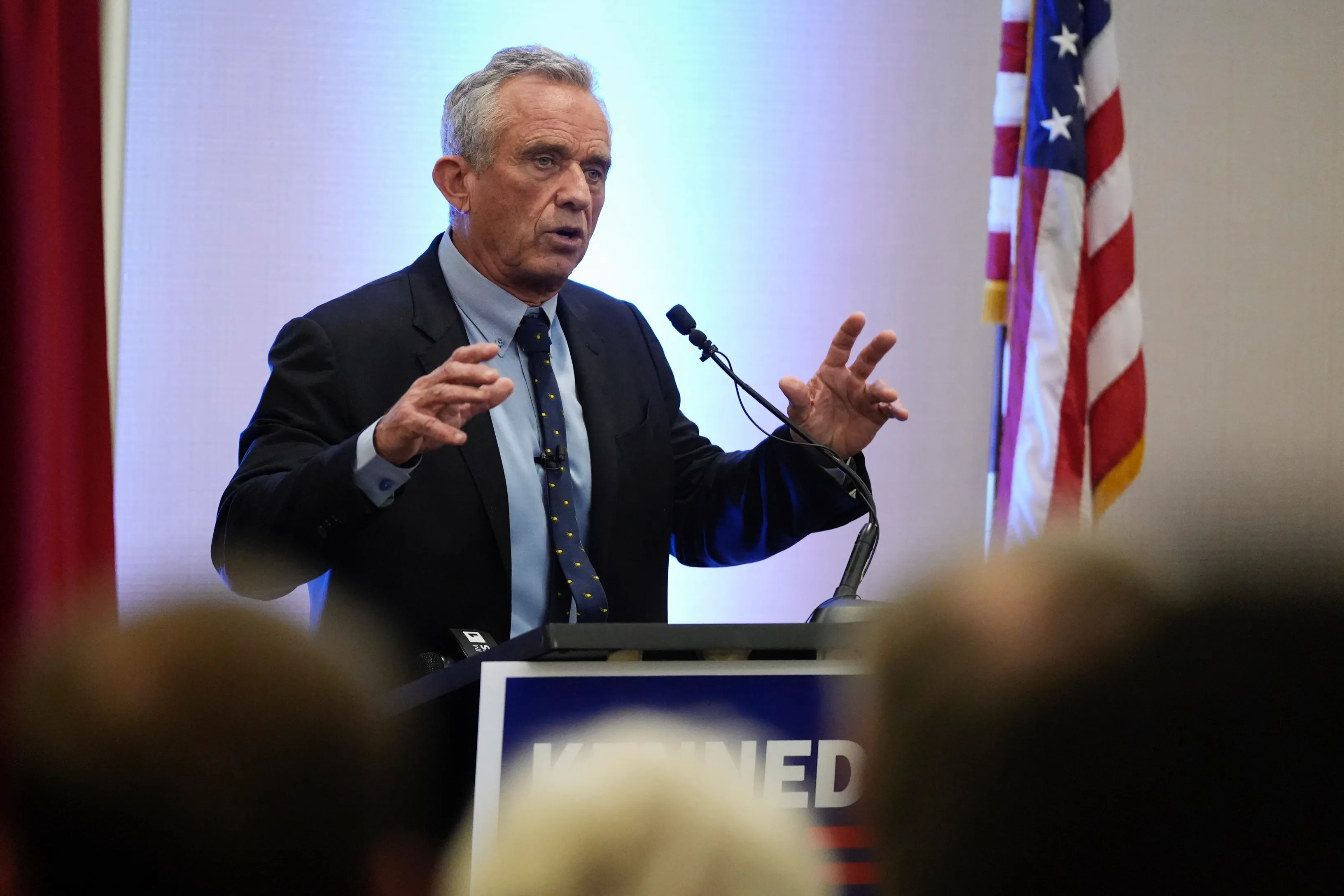
Robert F. Kennedy Jr.: Latest news and information | USA TODAY
Impact on Healthcare Equity and Access
Access to preventive healthcare has been a cornerstone of the Affordable Care Act, designed to alleviate disparities in healthcare access across the nation. Kennedy"s newfound authority could disproportionately affect marginalized communities who already face barriers in accessing essential healthcare services. As noted by public health experts, the potential for the Secretary to veto PSTF decisions could lead to reduced coverage for lifesaving treatments, particularly those that do not align with his ideological beliefs. This scenario echoes the fears expressed by BBC regarding the risk of obstructing access to critical preventive measures like PrEP, which is essential for HIV prevention.
Legal Precedents and the Future of Public Health Policy
The ruling also raises serious questions about the legal precedents set by the Supreme Court. By effectively reinterpreting the law to allow for political oversight of the PSTF, the court has created a chilling environment where health policy can be swayed by the whims of a single individual. As Justice Clarence Thomas pointed out in dissent, the decision lacks a solid legal foundation—Congress never intended for the HHS Secretary to wield such power over a body designed to operate free from political interference. This sets a dangerous precedent for future administrations, potentially undermining public trust in healthcare governance.
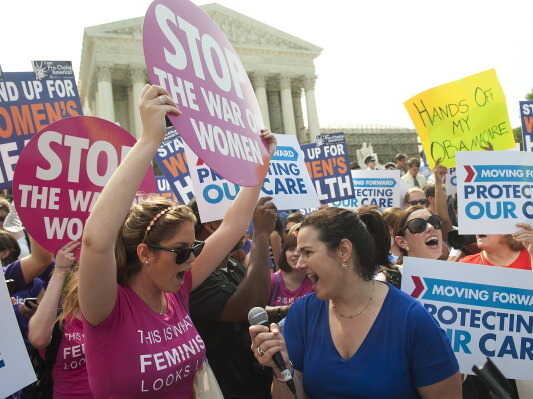
As It Happened: Supreme Court Upholds Health Care Law : The ...
What Lies Ahead for Preventive Healthcare
As the dust settles from this landmark ruling, the stakes for preventive healthcare have never been higher. The ability of Kennedy to reshape the PSTF raises urgent questions about the future of healthcare access in America. Will he appoint individuals committed to evidence-based medicine, or will he surround himself with those who echo his anti-scientific rhetoric? The ramifications of this decision could echo throughout the healthcare system, affecting everything from routine screenings to critical preventive medications. The public health community must remain vigilant, advocating for the protection of healthcare rights and access to essential services as we confront this unprecedented shift in power.
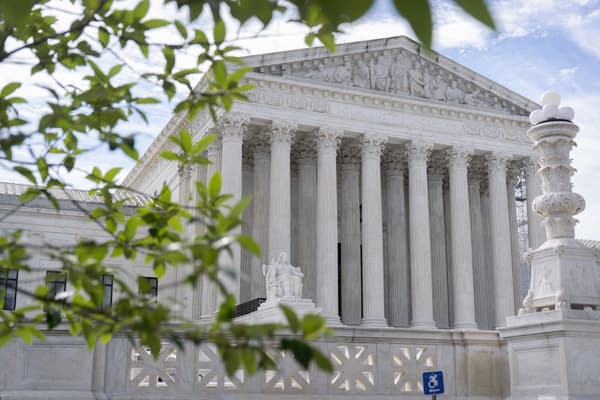
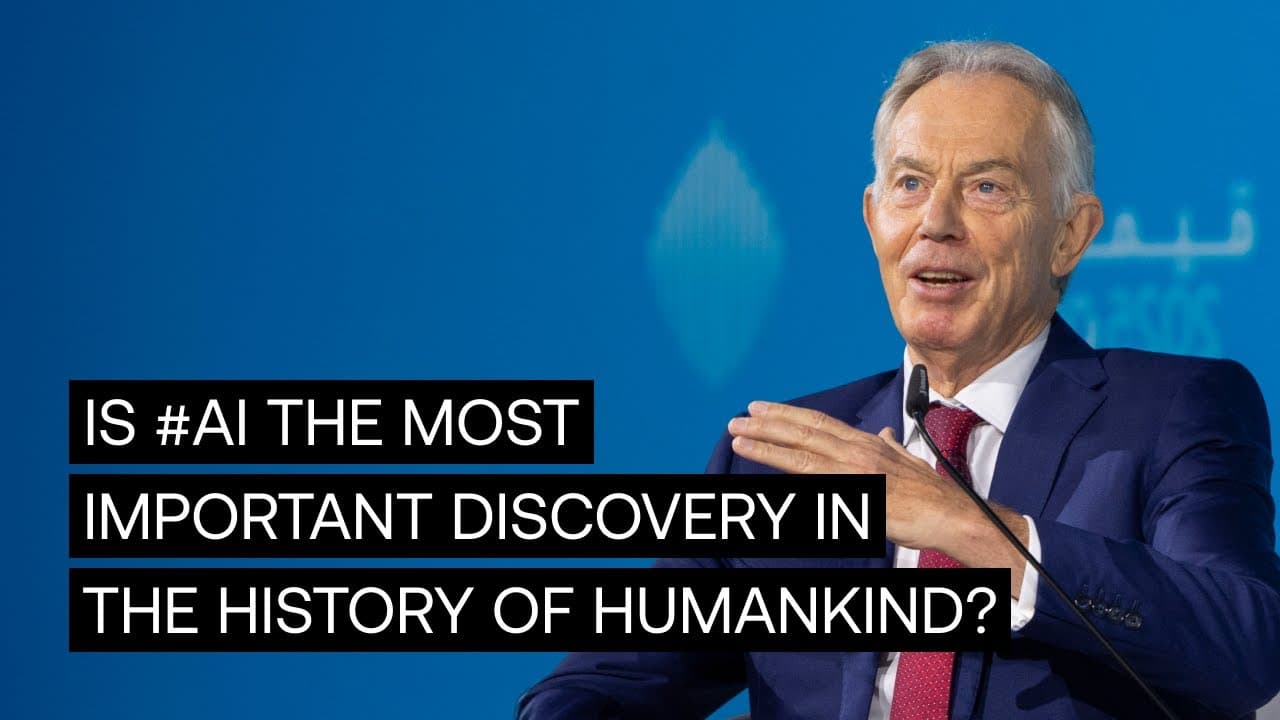
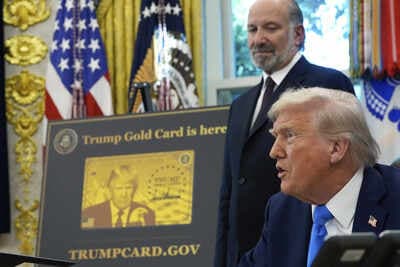




![[Video] Gunfire between Iraqi security forces and Sadr militias in Baghdad](/_next/image?url=%2Fapi%2Fimage%2Fthumbnails%2Fthumbnail-1768343508874-4redb-thumbnail.jpg&w=3840&q=75)
